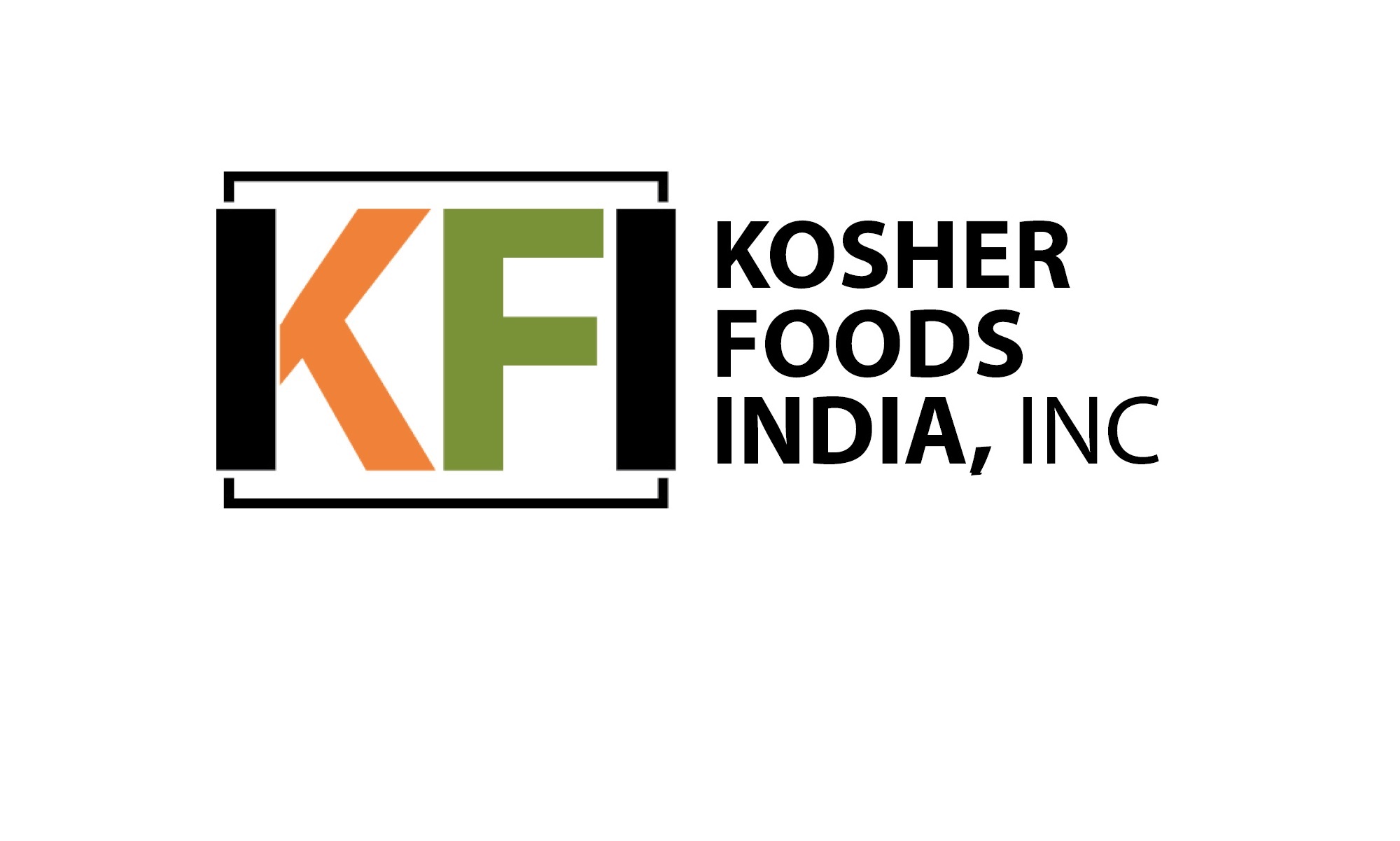From a marketing standpoint, the benefits of Kosher certification are multi-fold. Aside from helping manufacturers to meet consumer concerns for the safety and traceability of the raw materials they produce, Kosher helps exporters and distributors expand their reach in the marketplace. Kosher certification opens doors to food sellers seeking to accommodate a growing segment of consumers who want assurances that the product they are purchasing is either vegetarian, vegan, lactose-free, gluten-free, shellfish-free, or meets Halal requirements. There are many reasons that consumers look for Kosher and food sellers are stepping up to meet this demand. It is worth noting that nearly 80% of all Kosher food sales is outside of the ‘traditional’ Jewish market.
This issue of The Kosher India Journal (KIJ)The Kosher India Journal (KIJ) features an interview with John Koppel, Senior Vice President at Otis McAllister, a California-based international food conglomerate. Otis’ mission statement touts their desire “to conduct business with all suppliers and clients in an ethical manner.” To uphold that promise, Otis has established several key processes designed to ensure that ethical standards throughout the supply chain are met and maintained. These standards include internal, on-site audits as well as independent audits from third-party certifiers, the most visible of which is Kosher. During our interview, the topic of Otis’ reliance on Kosher certification came up. When asked why Kosher is so critical for them, Mr. Koppel replied, “I think it speaks in very plain language to consumers that this is a good, clean, inspected product . . . It gives the consumer a sense of confidence.” We thank Mr. Otis for giving us his time and sharing his valuable insights with us.
One of our goals for the KIJ going forward is to have each issue focus on a specific theme. In this issue, we have chosen the topics of colors and starch. We start with a pair of articles on these topics by Rabbi Zushe Blech, a highly regarded industrial Kashrus expert. Here he provides a quick overview of the different types and sources of colors and starches, and shares his insights into the various Kashrus issues that manufacturers of these raw materials may confront. Next, we have an article on “New Food Colorants” by Winston Boyd and another on “Hard-working Starches” by Kantha Shelke (both of which first appeared in Prepared Foods magazine) that further expand these related topics. Much thanks to David Feder at Prepared Foods for allowing us to re-use this material in our publication.
Finally, we have included two articles on food safety, always a paramount concern for food manufacturers, that were first published in Food Safety magazine. The first is a roundtable discussion by industry experts about the relationship between food safety and food security. The second addresses the role of ethics in food safety and the harmonization of safety regulations based on science. Both articles appear with the kind permission of Allison Demmert-Poland at Food Safety allowing us to re-publish these works.
Notwithstanding the helpful information provided by the various articles, the centerpiece of the KIJ is always the B2B section, which contains a comprehensive directory of Kosher manufacturers and exporters in India and Sri Lanka. Our listings include an index to the directory by category in each country, and an alpha list of all suppliers and their points of contact.
For more information about KOSHER FOODS INDIA and The Kosher India Journal, please contact us.
